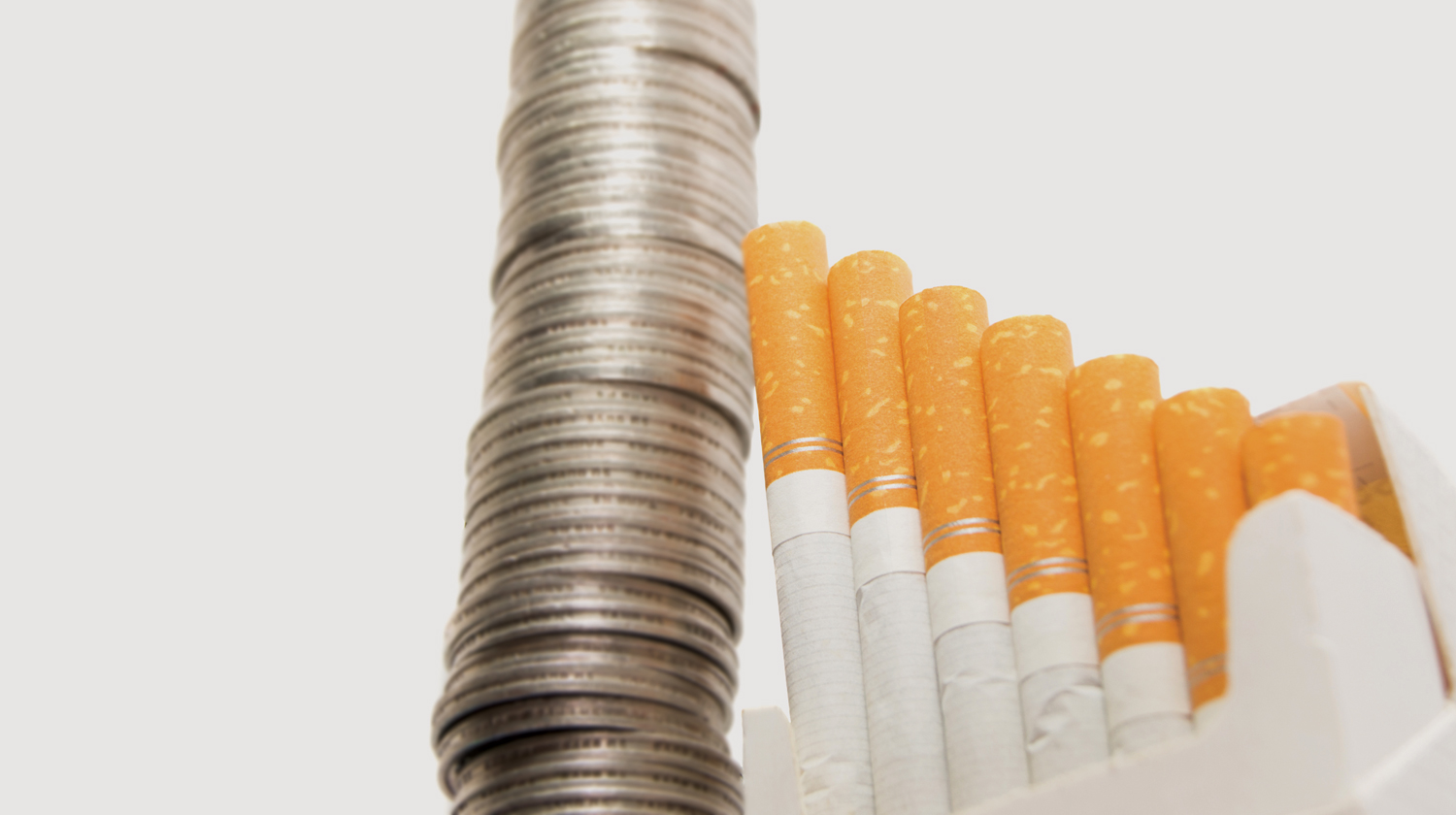

MUSCAT, MAY 26 - As part of the readiness to implement the new excise tax on selective goods, traders have been told to disclose the quantity of stocks which are taxable under the new system. “Those who have a stock of selective commodities must disclose the size of the stock and pay the tax due within 15 days from the date of implementation of the new excise tax”, said a circular from the Secretariat General for Taxation (SGT) on Sunday.
The circular was issued as part of a campaign to clarify about tax before the date of implementation of the law on June 15, 2019, in accordance with the Royal Decree.
The circular in the campaign included information, data and clarifications on the application of the 100 per cent excise tax on tobacco and its derivatives, energy drinks, alcohol and pork. Carbonated beverages are taxed 50 per cent, based on the retail price.
According to it, those who have stock of the selective commodities will have to disclose inventory the stock of each commodity before June 14.
“They should also prepare a list of these goods, including at least name and product description, product code (shown below the barcode), quantity and sale price”, the circular adds.
Also called the ‘sin tax’, it will apply to goods that are deemed harmful to public health and the environment.
After implementation, prices of these products will nearly double as they will come under an excise tax of 100 per cent.
The new tax is expected to help the government acquire an additional revenue of approximately RO 100 million annually.
The Royal Decree is part of the Sultanate’s commitment to the GCC agreement to introduce excise tax under the Common Excise Tax Agreement of the states.
The Council of Ministers had first referred a draft of the tax law to the Council of Oman on May 31, 2018. Since then the law was reviewed by the Majlish Ash’shura and State Council then submitted to His Majesty by July 2018.
In the months followed, the draft law was returned to Majlis Ash’shura where they discussed extensively and approved articles of disagreement.
His Majesty the Sultan issued a Royal Decree on March 13, 2019 proclaiming that the law will take effect 90 days following the date of publication in the official gazette.
Saudi Arabia was the first to impose the tax in June 2017, followed by the UAE and Bahrain later in the same year, covering cigarettes and sugary drinks.
While Qatar implemented the tax in January, Kuwait is yet to implement any selective tax.
A statement issued by the government following the ratification of the new law said that the tax was intended to control the use of goods that do damage to public health or the environment.
“The selective tax law seeks to achieve promotion of healthy lifestyles by amending the consumption pattern of individuals and also creating an additional resource for public finances,” it had said.
According to experts, the new law, apart from helping the finance ministry increase the tax base, it will also help the government combat the ever increasing number of lifestyle diseases.
“The implementation of the selective tax will meet two policy objectives - raising government revenues and discouraging consumption of goods that are considered harmful to health and the environment”, said Lo’ai B Bataineh, Chief Executive Officer at Ubhar Capital.
A survey by the Ministry of Health brought to fore the fact that more than two-thirds of Oman’s population is in the grip of diabetes. While one in 10 adults smoke tobacco, a close to 40 per cent are hit by passive smoke.
The number of people with diabetes has exceeded 66 per cent. In addition, the percentage of people with diabetes in 10 years during the period from 2008 to 2018 has increased to more than 3 per cent, with more than 7,500 diabetics annually.
Oman Observer is now on the WhatsApp channel. Click here



